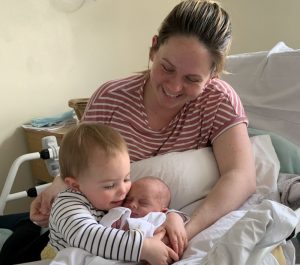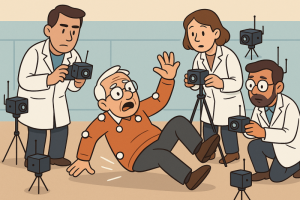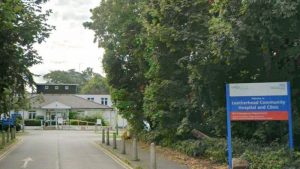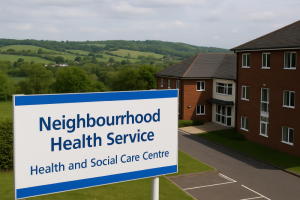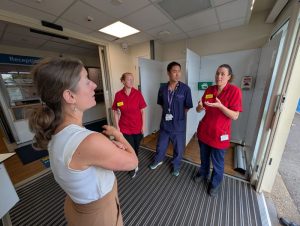Further strike action by resident doctors – formerly known as junior doctors – is set to add strain to NHS services just as winter illnesses begin to rise. The British Medical Association (BMA) has confirmed walkouts from 7am on Friday 14 November until 7am on Wednesday 19 November in what will be the latest round of industrial action in a long-running dispute with the Government over pay and working conditions. Hundreds of medics across St George’s, Epsom and St Helier University Hospitals and Health Group could join the five-day stoppage. The Trust says services are already under pressure from rising flu cases, which have climbed earlier than expected this year. Dr Richard Jennings, Group Chief Medical Officer, warned of disruption ahead and said hospitals are “always very busy at this time of year” and are experiencing “significant pressure” due to the combined impact of seasonal illness and the upcoming walkouts. He said consultant doctors and other staff will work extra shifts “to keep patients safe”, but appointments may still need to be rescheduled to safeguard care for emergency and critically ill patients.
Local impact so far
During the previous round of resident-doctor strikes in July, 144 elective procedures and 1,084 outpatient appointments were rescheduled across the Group. On an average strike day, 211 resident doctors were recorded absent across the Trust’s sites. The public will be contacted directly if their appointment needs to be rearranged, and the Trust emphasises that any appointment not specifically cancelled should be attended as normal. Emergency departments remain open for life-threatening conditions.
Why doctors say they are striking
The BMA has repeatedly argued that resident-doctor pay has been eroded by more than a quarter in real terms since 2008. Representatives say pay restoration is essential both to retain doctors within the NHS and to halt a pattern of experienced staff leaving for better-paid roles abroad. Doctors’ leaders also say the dispute is about patient safety: they claim chronic understaffing means resident doctors are covering too many gaps in rotas, working excessive hours, and taking on responsibilities that stretch beyond their training. The BMA says that improving pay and working conditions would reduce burnout and stabilise the workforce, ultimately shortening waiting lists. The organisation has also expressed frustration that talks with Government have repeatedly stalled, arguing that below-inflation pay offers fall far short of resolving the dispute.
Government position
Ministers have previously said that the level of pay demanded by the BMA is unaffordable in the current economic climate and would divert funds from frontline services. The Government maintains that it has accepted independent pay review body recommendations and has urged doctors to return to negotiations without pre-conditions. Officials also argue that strike action adds further pressure to already stretched NHS services and risks longer delays for patients waiting for operations and specialist appointments.
Advice for patients this week
The Trust is urging the public to continue using NHS services responsibly. NHS 111 online should be the first port of call for non-emergencies, pharmacies can advise on minor illnesses, and GP services are unaffected by industrial action. With flu infections rising, eligible residents are being encouraged to get vaccinated without delay, and people are asked to check in on vulnerable friends and neighbours. Dr Jennings emphasised that anyone with a life-threatening condition must still attend A&E or call 999.

Related reports:
Doctors’ strike to hit Epsom Hospital




